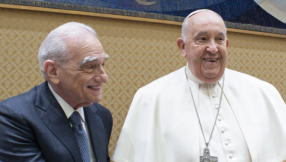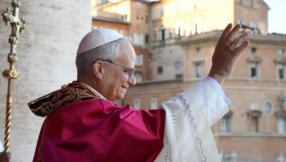European Union to Continue Funding Embryonic Stem Cell Research
|PIC1|The 25-EU Minister representatives, who are gathered in Brussels, Belgium, have agreed that the funding will come from the EU’s US$65 billion research budget for the period 2007-2013.
Initially in the debate, Germany, Italy, Poland, Austria, Malta, Slovakia and Lithuania voted against the funding for “ethical and moral” reasons. However, in the end Germany and Italy backed the continuation of funding, which was enough to see the move finalised.
Already, previous to yesterday’s decision, over the past seven years, nine research projects into human embryonic stem cells have been financed with EU funds, although he EU seemingly refused to disclose the costs.
EU Science Commissioner Janez Potocnik said that throughout 2013, less than US$38 million would be spent on research projects.
The EU funding will be issued under conditions that include a ban on any type of research for the purpose of human cloning for reproductive purposes, as well as studies intended to modify the "genetic heritage" of human beings.
|AD|Countries deeply rooted in Roman Catholic traditions have spoken out vigorously against funding for stem cell research. To find a compromise with these nations the EU has also agreed that no money will be used to finance research activities that destroy embryos.
In the US last Wednesday, President Bush rejected legislation that could have increased greatly the federal money going into embryonic stem cell research. The US president used his powers of veto in his presidency to block the bill. He said the move "would have supported the taking of innocent human life in the hope of finding medical benefits for others."
Embryonic stem cells are able to transform into any cell types found in the body. Scientists believe that if they could find a way to control those cells and allow them to transform into becoming specific types on demand, they potentially could grow replacements for damaged tissue, which it is hoped may lead to cures for Parkinson’s disease among others.
However, opponents have greatly objected to the studies as scientists previously have taken cells from a 5-day-old embryo, and as a result killing it.
Stephen Minger, stem cell expert at King's College in London, in revealing Europe’s more liberal environment towards stem cell research, told AP, “The United States lags far behind Europe when it comes to stem cell research because they face so many obstacles.”













